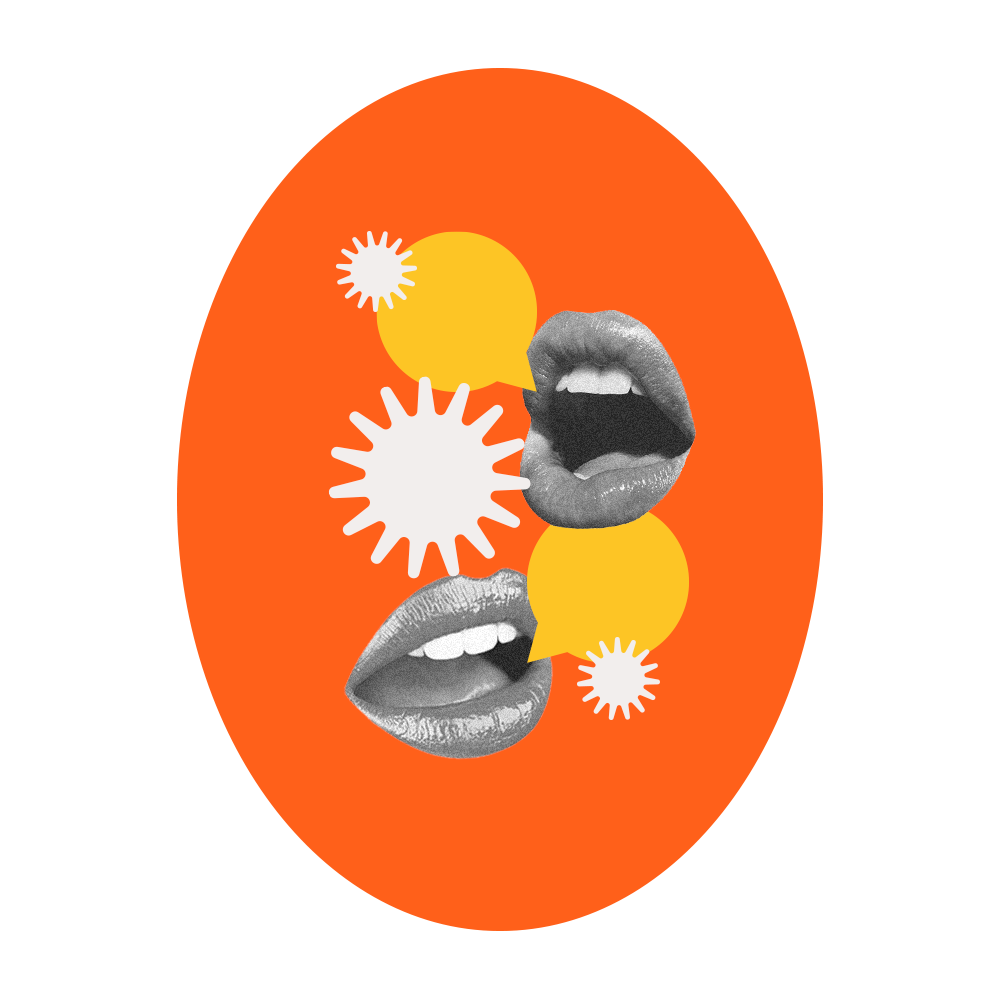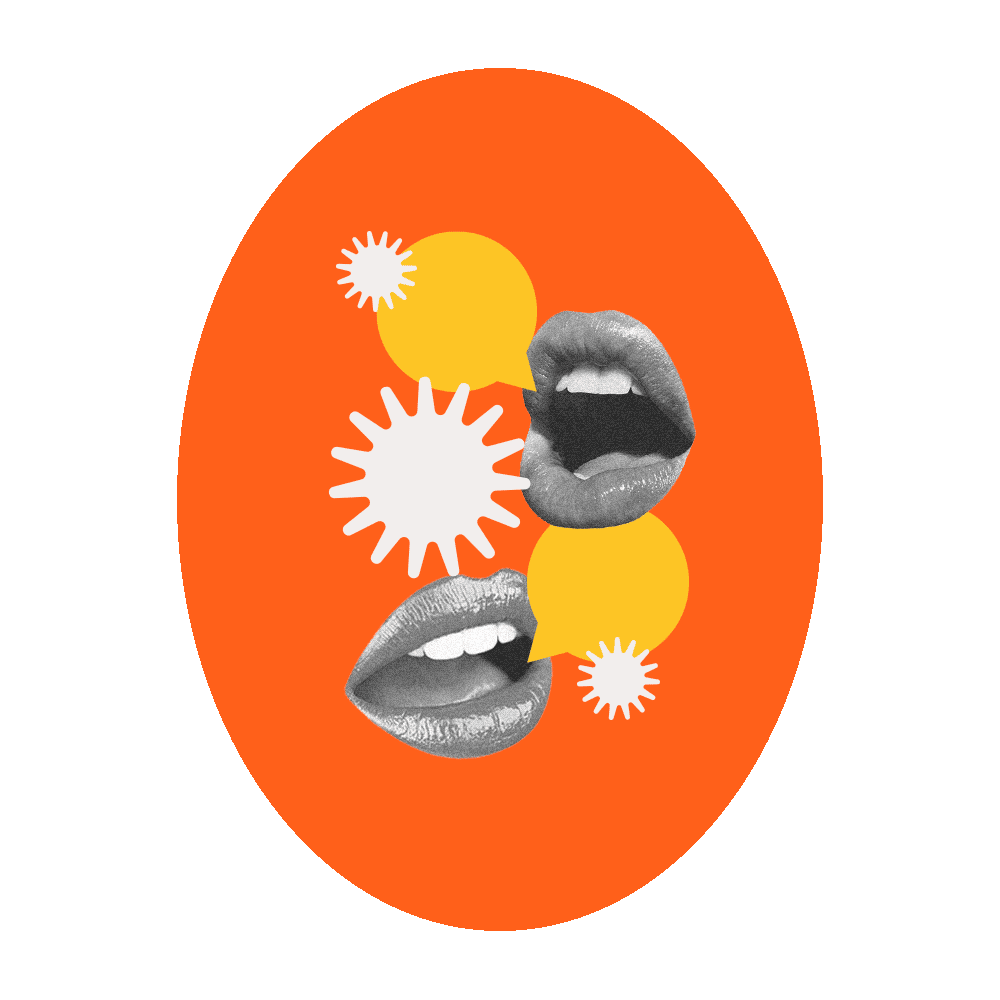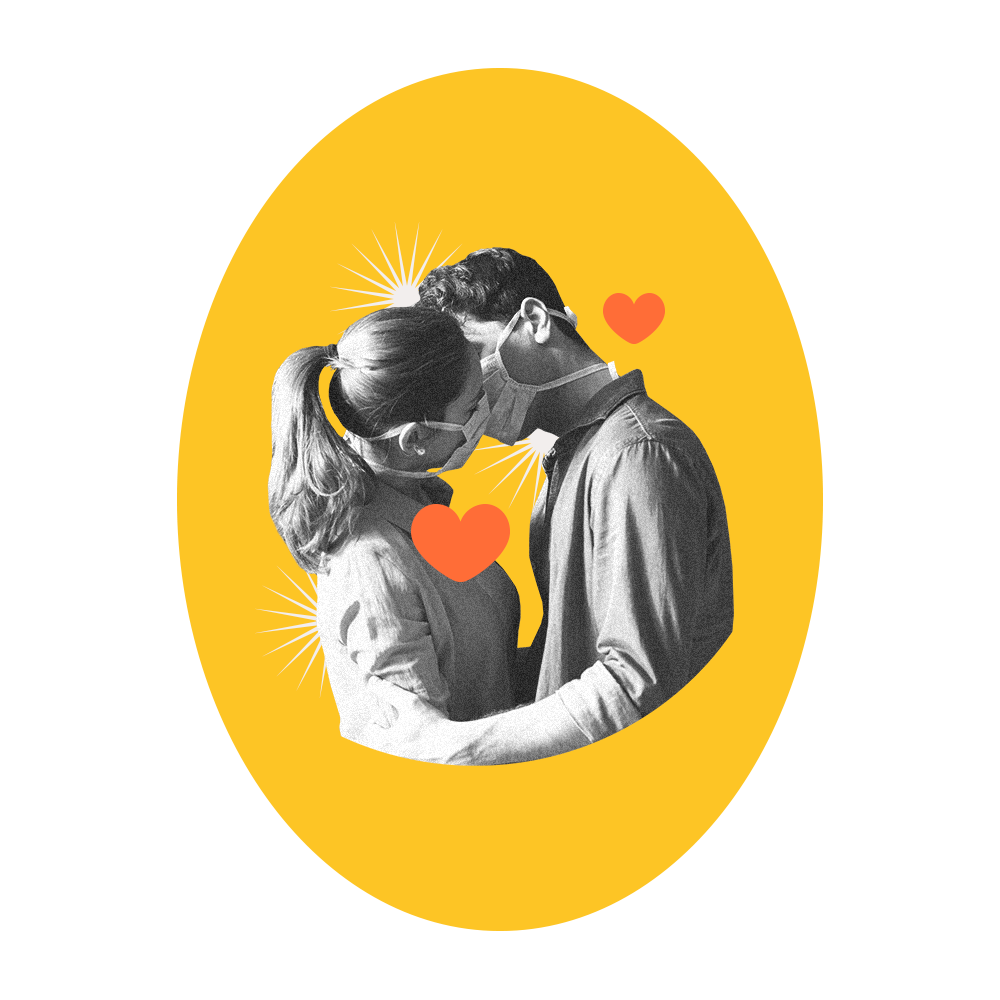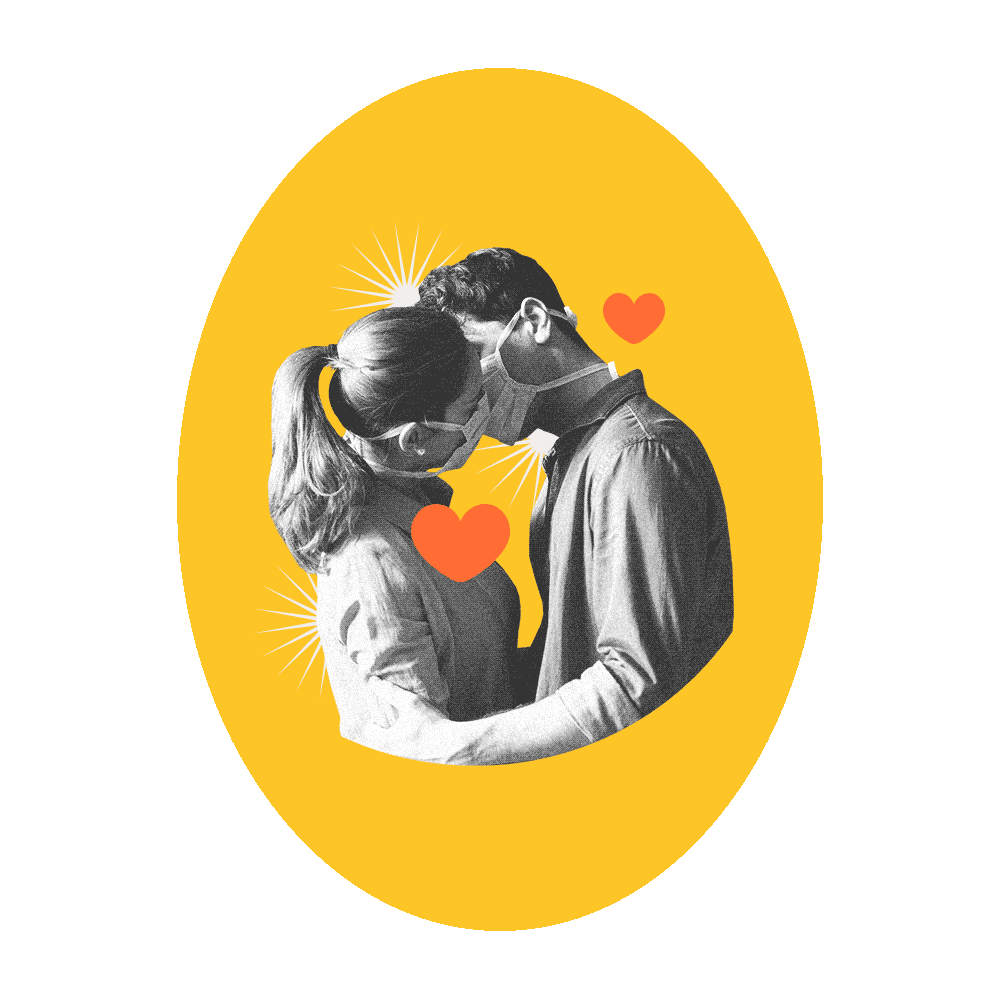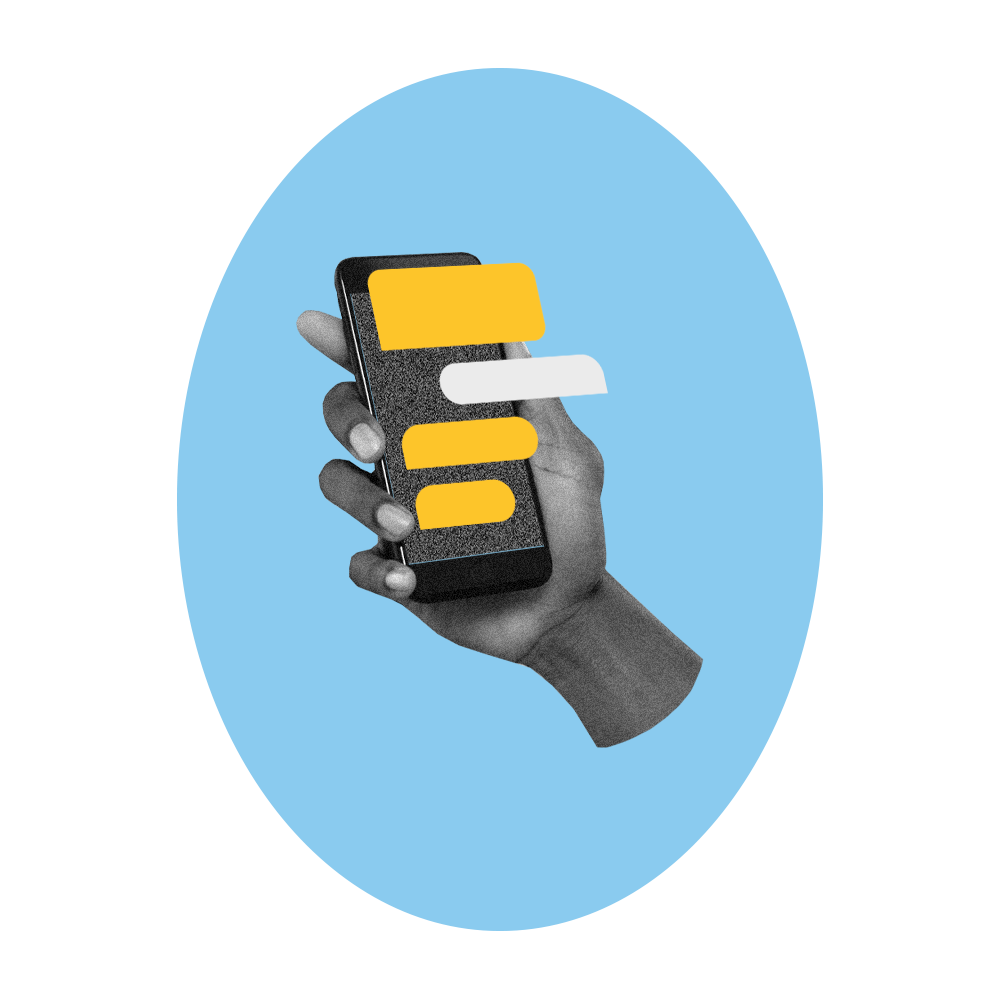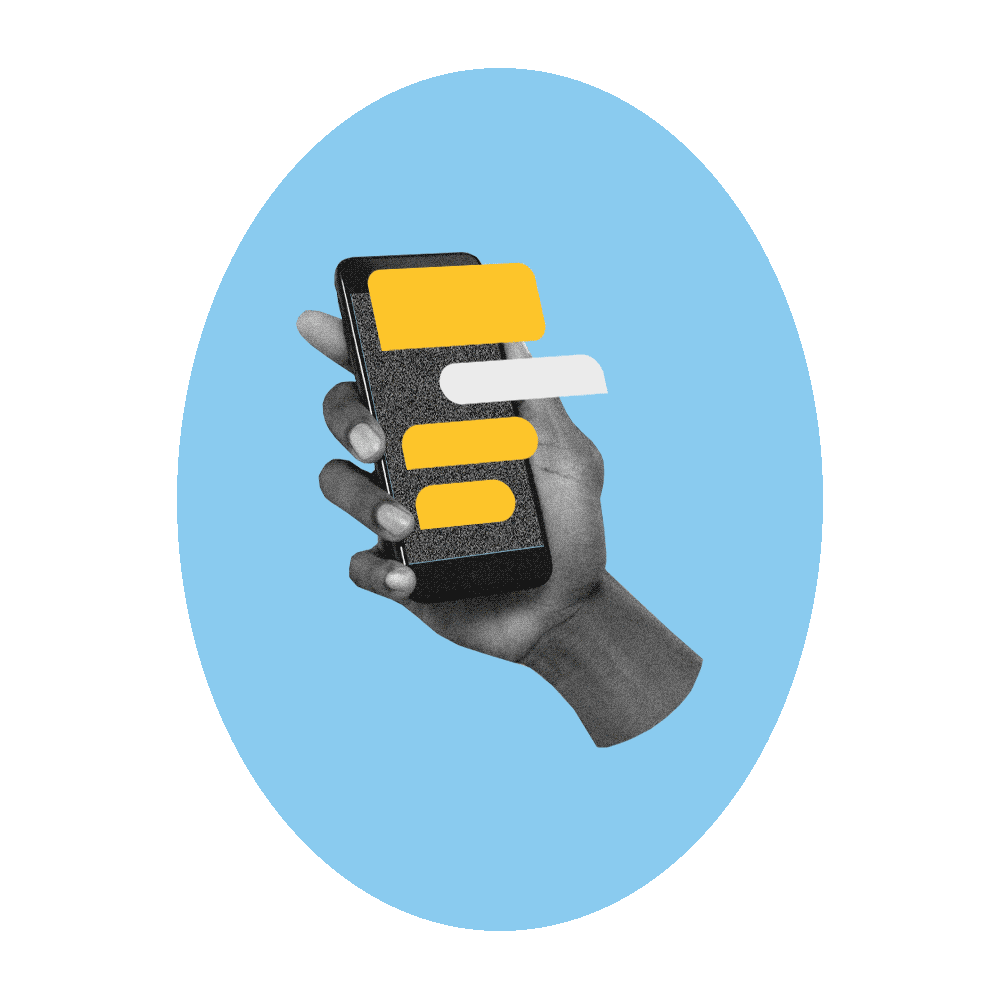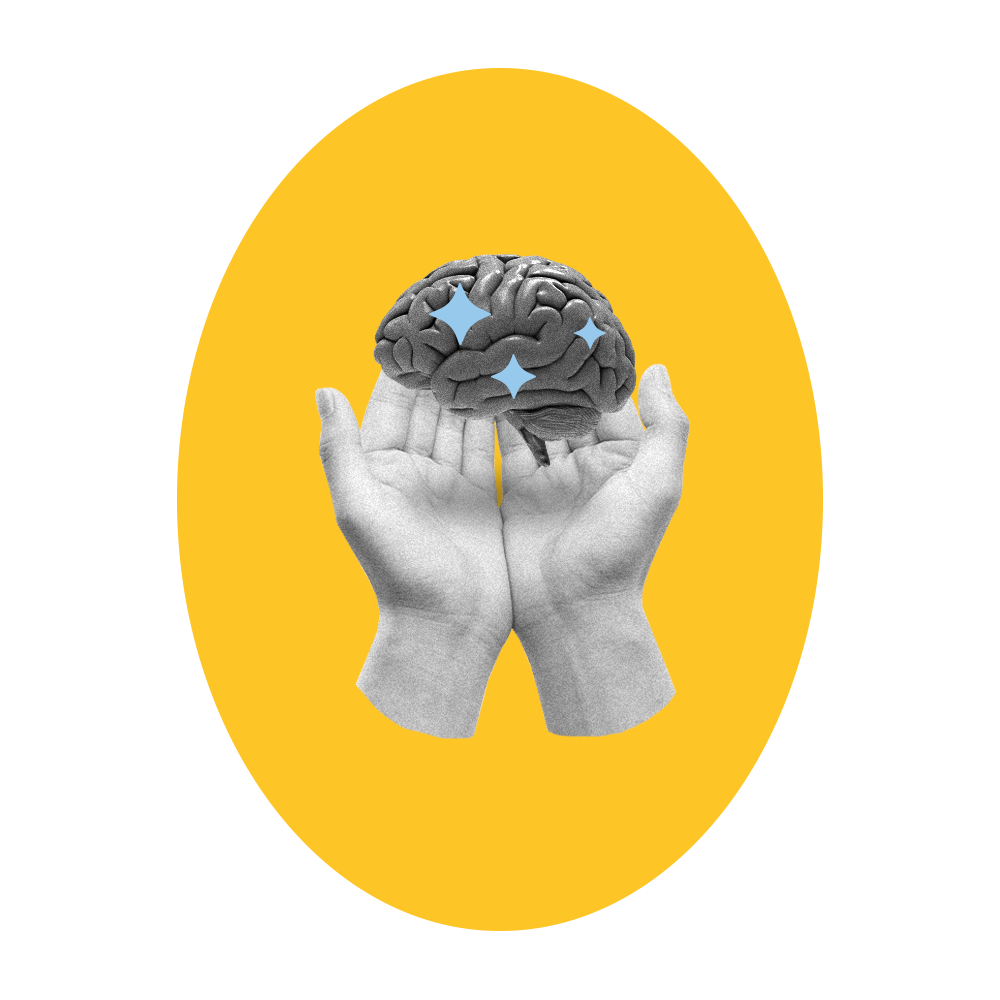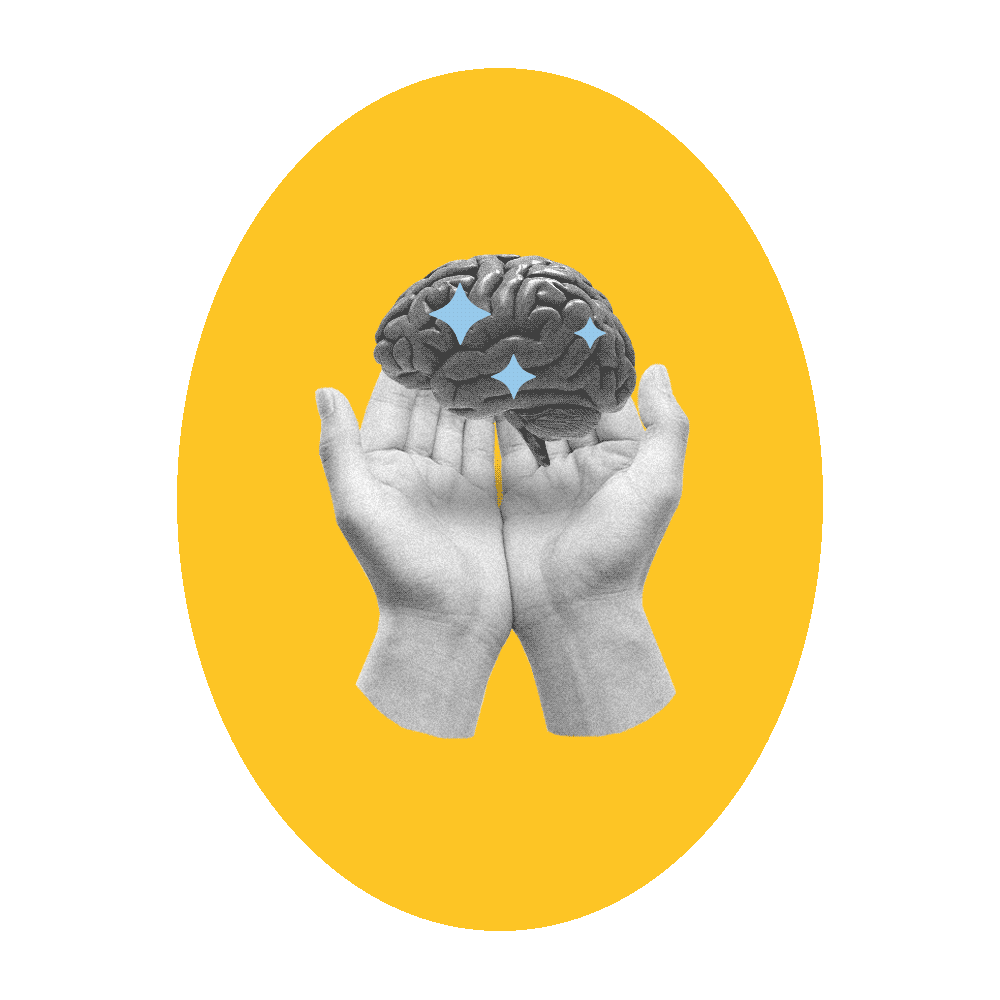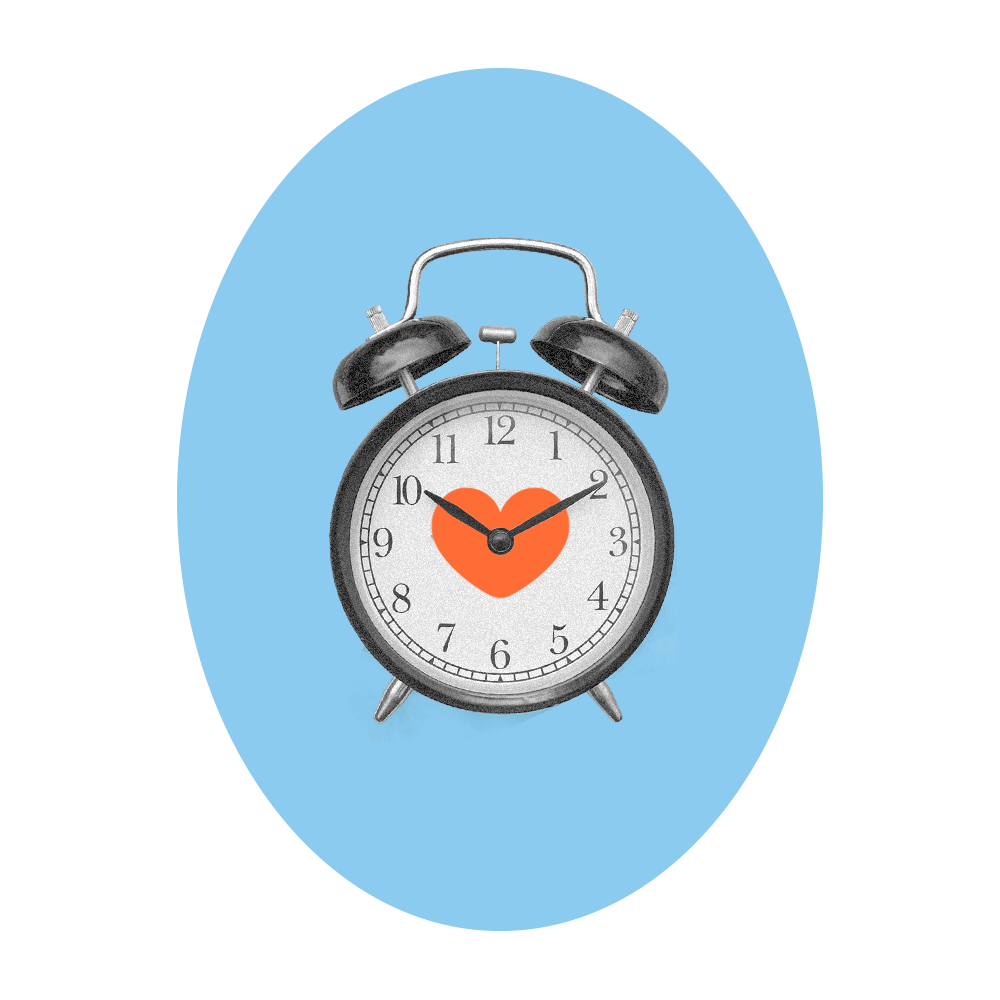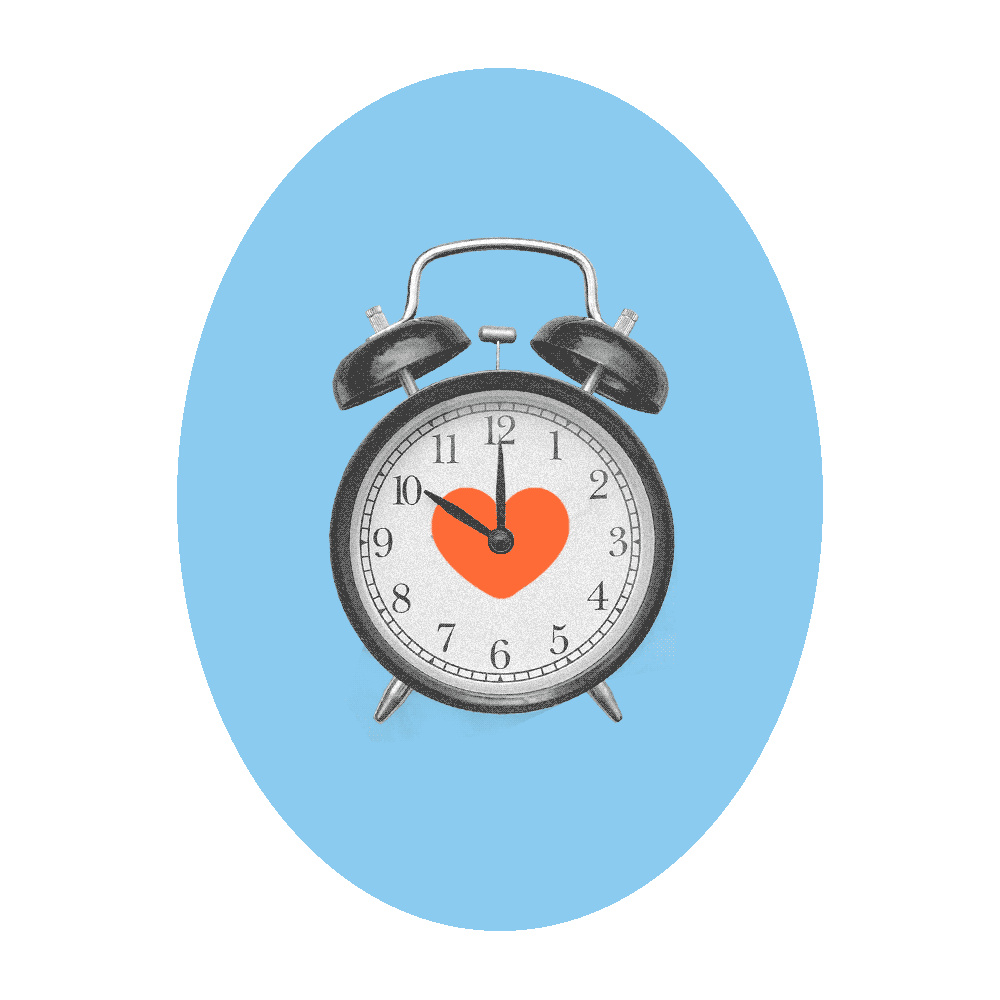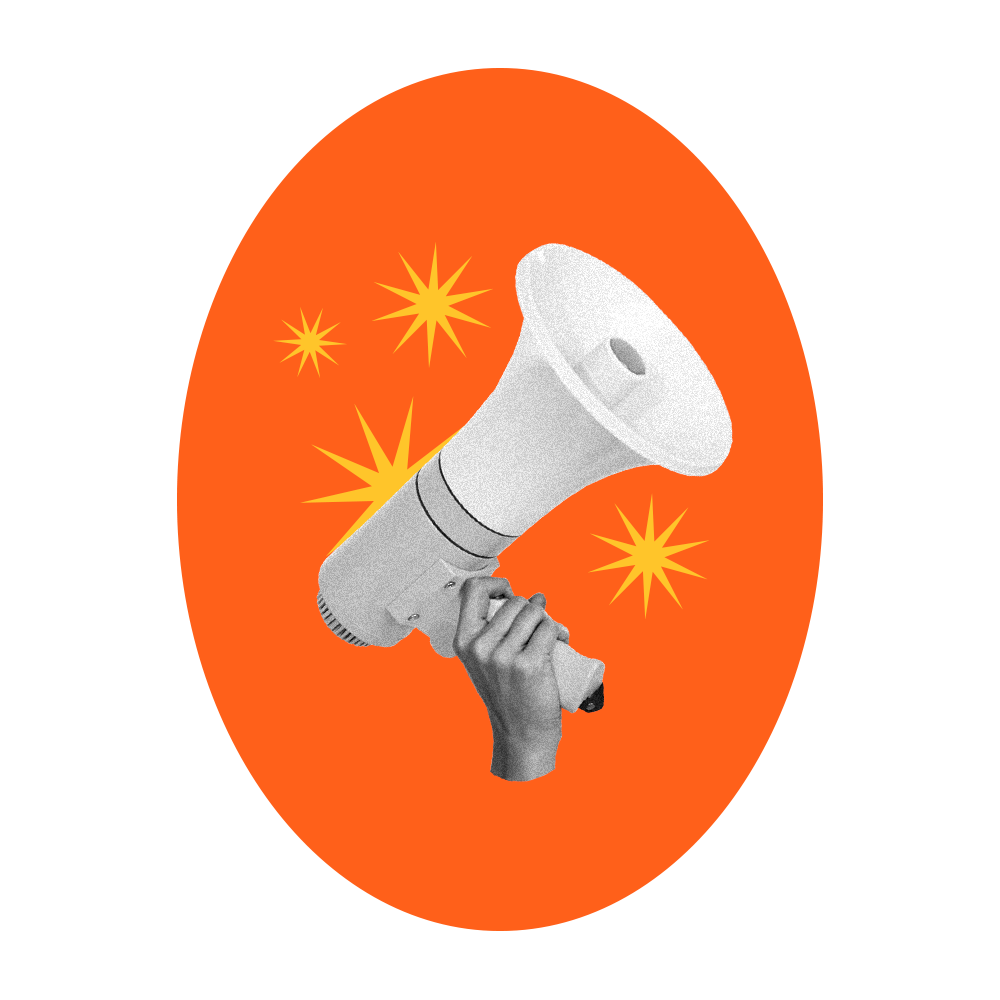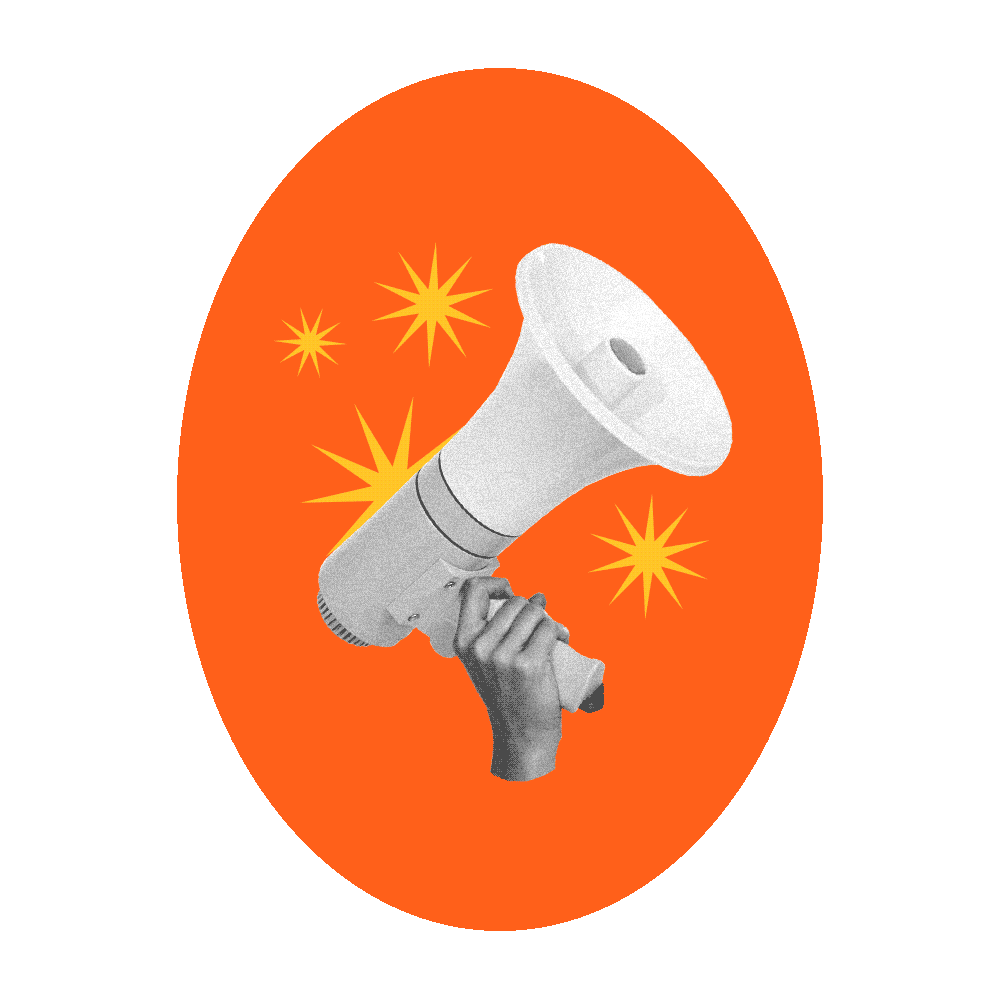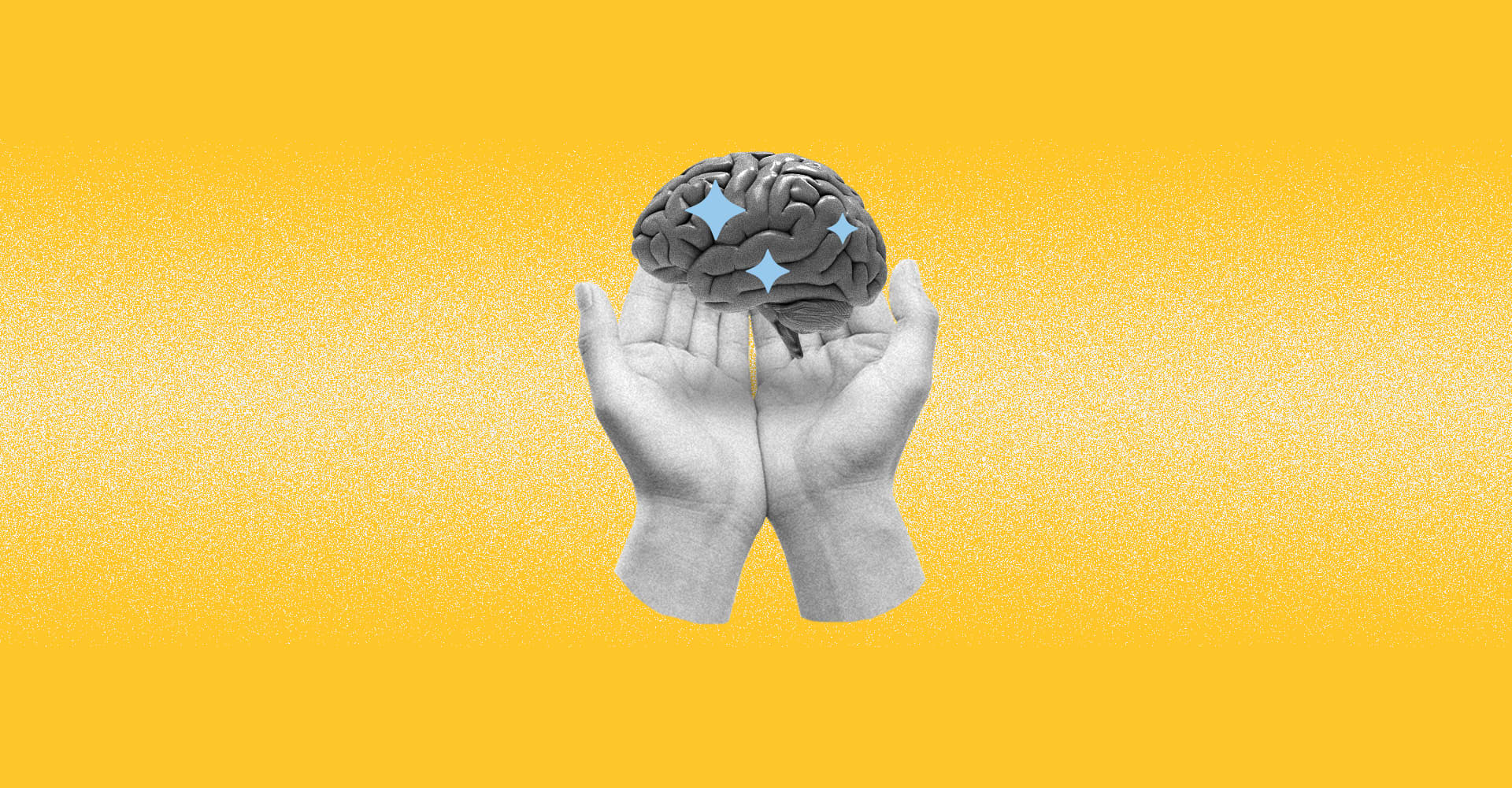

While the COVID-19 virus causes serious physical illness, this lengthy pandemic has had mental health consequences too. In many cases, we’ve been forced apart from family and friends and our lives have changed drastically, so it’s no wonder that it’s been hard for many to adjust. And the Bumble community is no exception: The majority of people using Bumble say that their lives have been radically altered due to COVID, and that they’ve been impacted by mental health concerns including anxiety, loneliness, disconnection, and feeling demoralized.

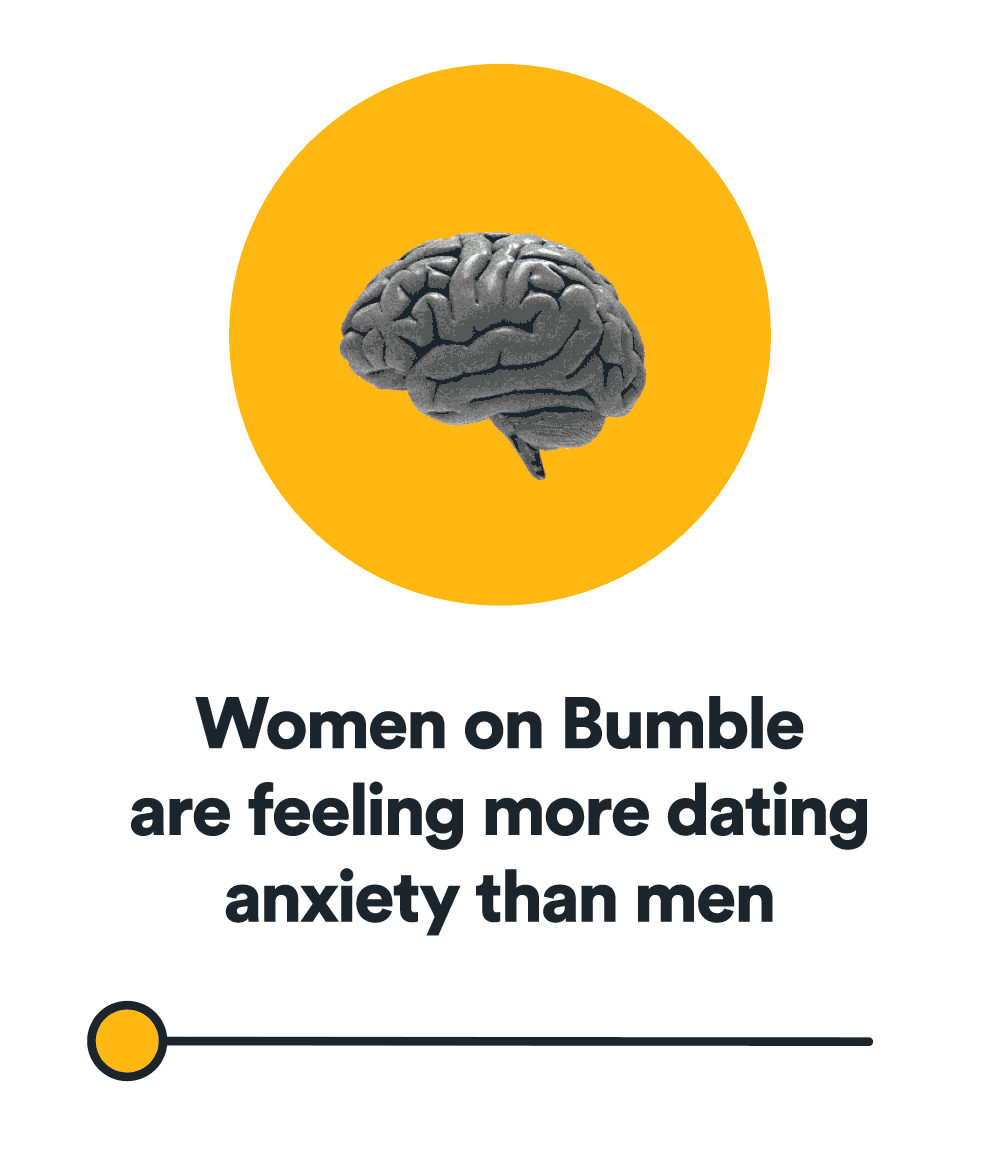 Of course, dealing with all of that can make dating feel, well, different! Dr. Lisa A. Henshaw, LCSW, psychotherapist and assistant professor at Yeshiva University, says that part of why dating doesn’t feel normal could be because many of us are feeling a sense of loss. “It’s another way that life has significantly shifted,” she explains. “Daters have to adjust to the loss of not being able to meet in person or have a hug or a hand touch. It’s challenging for people to conceptualize dating right now.”
Of course, dealing with all of that can make dating feel, well, different! Dr. Lisa A. Henshaw, LCSW, psychotherapist and assistant professor at Yeshiva University, says that part of why dating doesn’t feel normal could be because many of us are feeling a sense of loss. “It’s another way that life has significantly shifted,” she explains. “Daters have to adjust to the loss of not being able to meet in person or have a hug or a hand touch. It’s challenging for people to conceptualize dating right now.”
One way to protect your mental health while adjusting to a new dating normal is by committing to focusing on the positive. Reframe a conversation that fizzles out as an opportunity to meet a new person, a Video Call without sparks as a chance to speak with someone besides your roommates or cats, and a date that doesn’t work out as a way you got one step closer to finding the right person. When you think about your dating experiences, focus on having an optimistic perspective. If nothing else, applaud yourself for dating right now in the first place, because, as Dr. Henshaw says, “there's so much strength that goes unmentioned in just taking the risk of putting yourself out there.”
Read on for more advice on staying in—or maybe getting to—a good mental space while dating. (Oh, and check out pointers from Bea Arthur, therapist and Founder and CEO of The Difference, in the video below!)
PSA: You’re Not the Only Dater Feeling Lonely Right Now
What’s more frustrating than feeling lonely? Feeling lonely while single and stuck at home due to a global pandemic. But the good news is that you certainly aren’t the only one feeling that way, and there are quite a few things you can do to feel a little less isolated right now.
In order to combat loneliness, Dr. Julianne Holt-Lunstad, expert on social connection and professor at Brigham Young University, suggests maintaining the connections that you have in creative ways—even speaking to neighbors from over your balcony or across the street has been found to diminish loneliness. Also helpful? Meditation, spending time outside in nature, and creative expression, which can be with anything from journaling and cooking to going to a museum (if possible and safe) or listening to a symphony via streaming.
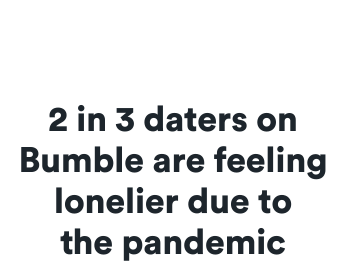 Our physical health is linked to our social and emotional health, so to deal with negative emotions, Dr. Holt-Lunstad recommends keeping to a regular routine, and prioritizing your sleep, exercise, and nutrition. But perhaps the most enjoyable and good-karma-inducing way you can deal with COVID-induced loneliness is by offering help to friends and people you know.
Our physical health is linked to our social and emotional health, so to deal with negative emotions, Dr. Holt-Lunstad recommends keeping to a regular routine, and prioritizing your sleep, exercise, and nutrition. But perhaps the most enjoyable and good-karma-inducing way you can deal with COVID-induced loneliness is by offering help to friends and people you know.
“One of the key things you can do is to support other people,” says Dr. Holt-Lunstad. “Research shows that helping others, whether that’s volunteering or providing emotional support to a friend, actually has a greater benefit than even receiving support.” Simply reaching out to someone and telling them something you appreciate about them will not only make them feel better, but it’ll make you feel better too. And that’s pretty wonderful, right?
Your Dating Anxiety Can Be Tamed
For most people on Bumble, dating during the pandemic means dating with anxiety — and that anxiety could be about COVID in general, about being single during this strange time, or about not feeling confident while dating.
To lessen your anxiety in general, Dr. Marianne Stout, psychologist at the Anxiety Treatment Center of Austin, has some very practical pointers: limit your social media use (maybe you even try a phone-free Sunday), go for walks outside, talk to someone supportive, and work on what you can control. “It can be helpful to focus on the here and now instead of engaging so much with hypothetical situations,” Dr. Stout shares.
For single people especially, Dr. Stout recommends finding “social snacks”—moments of human connection, even if that’s chatting with the person checking out your groceries or talking to your barista about how they’re coping—which will “help us feel more connected and calm our central nervous system,” she says.
In terms of dating anxiety, Dr. Stout also recommends zeroing in on whatever you’re worried about. “The more explicit, the better,” she says. “If you can identify, and even write down, your anxious thought, it can take some power away from it.” For example, say that thought is: ‘I won’t meet anyone who’s interested in me and then I will have to spend another lockdown totally alone feeling undesirable and unlovable.’ Saying it out loud could help you realize that the thought is over the top. “Anxiety isn’t logical,” explains Dr. Stout. “Just identifying the anxious thought externalizes it and helps to reduce its power.” And above all, be kind to yourself. “Have compassion for yourself and for others as you’re trying to navigate dating in the age of COVID-19,” Dr. Stout says. “Everyone is trying their best!”

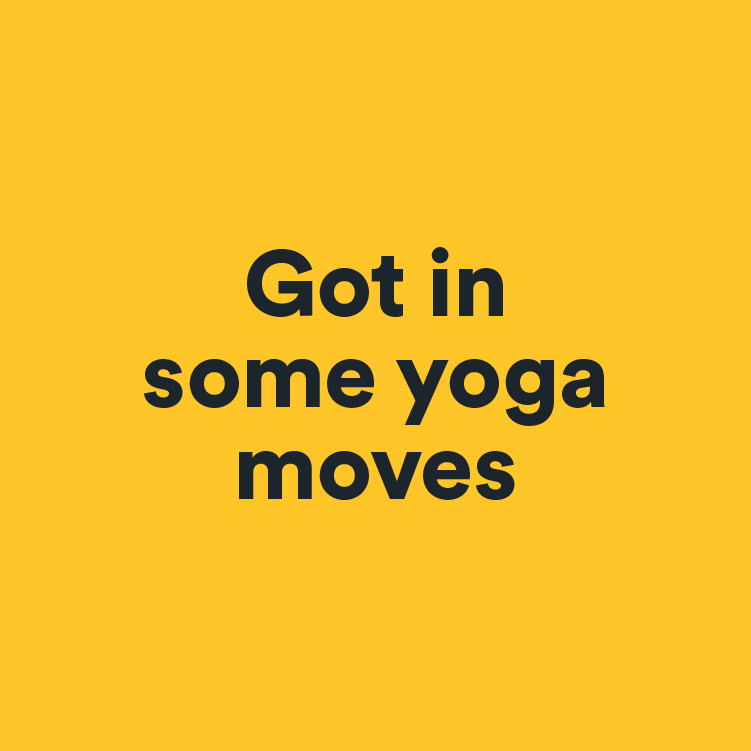
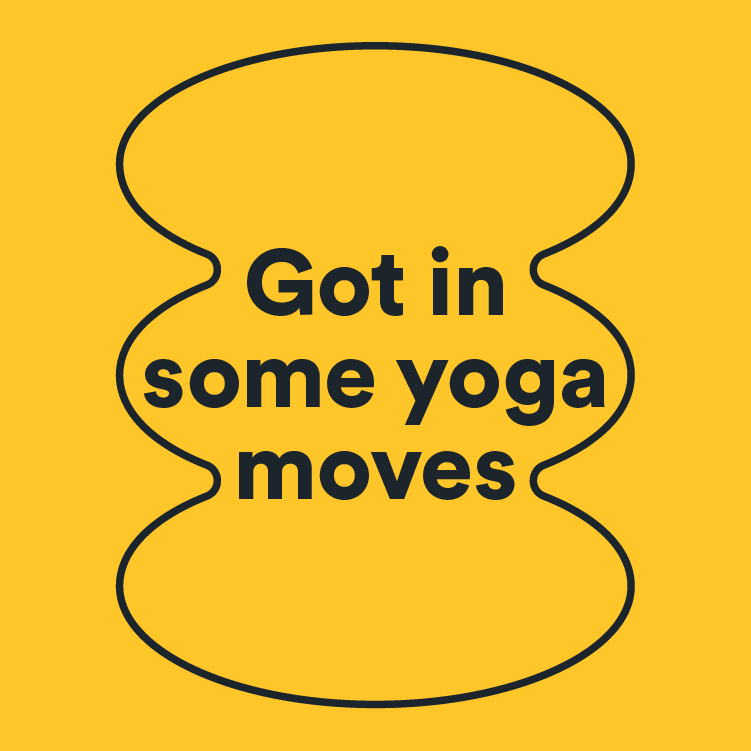
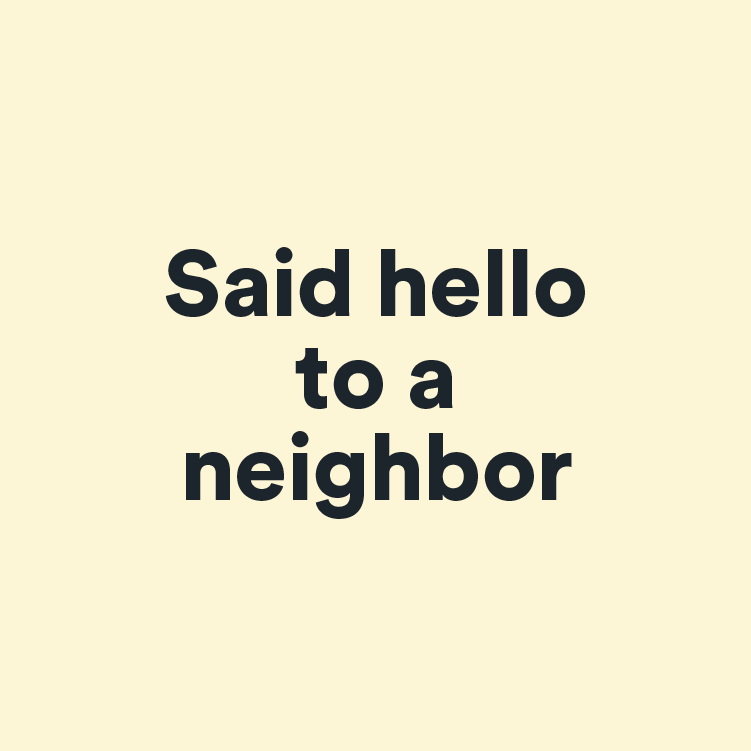
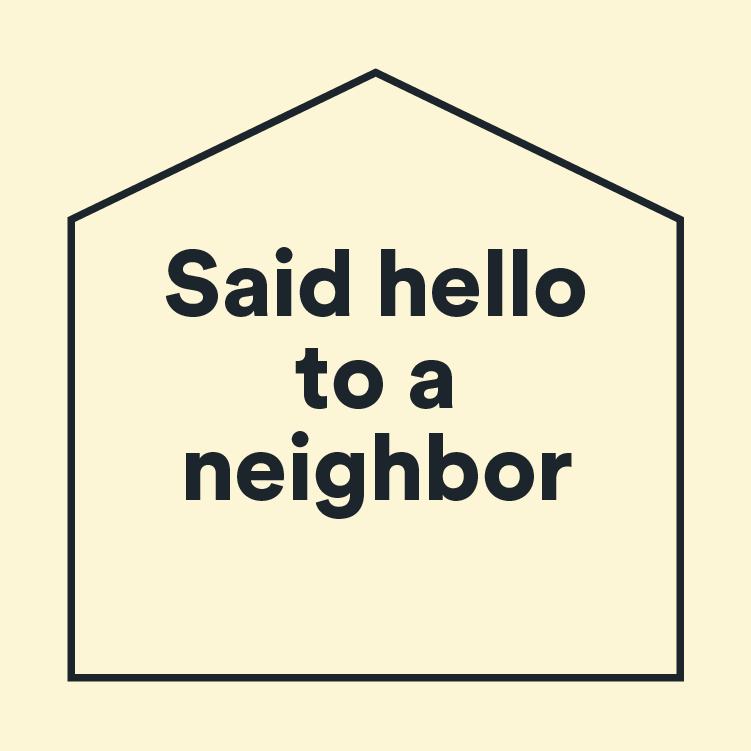
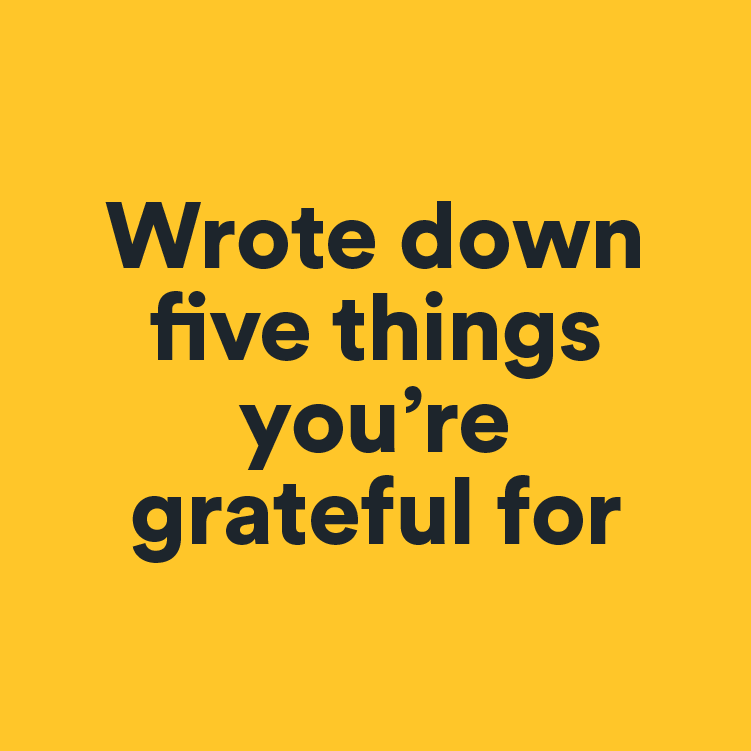
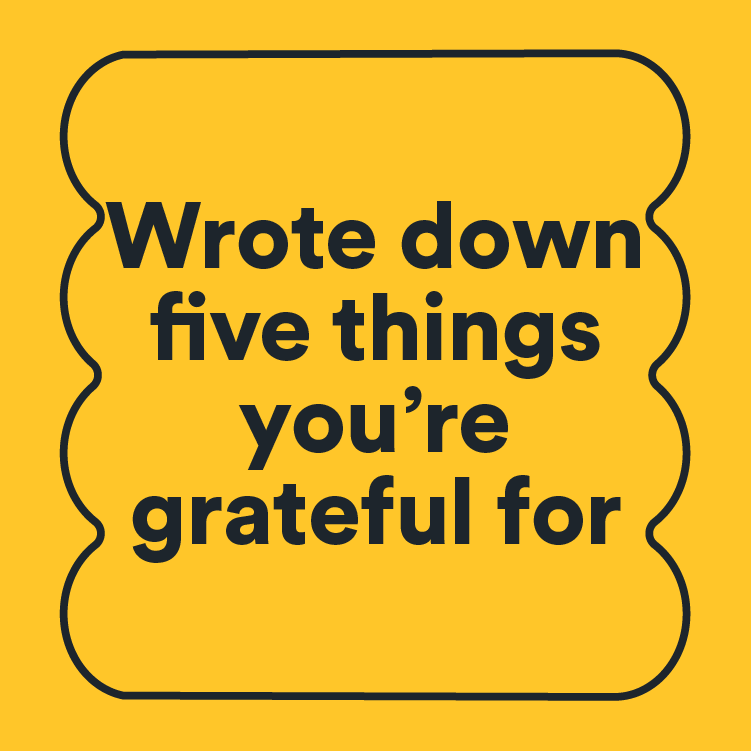
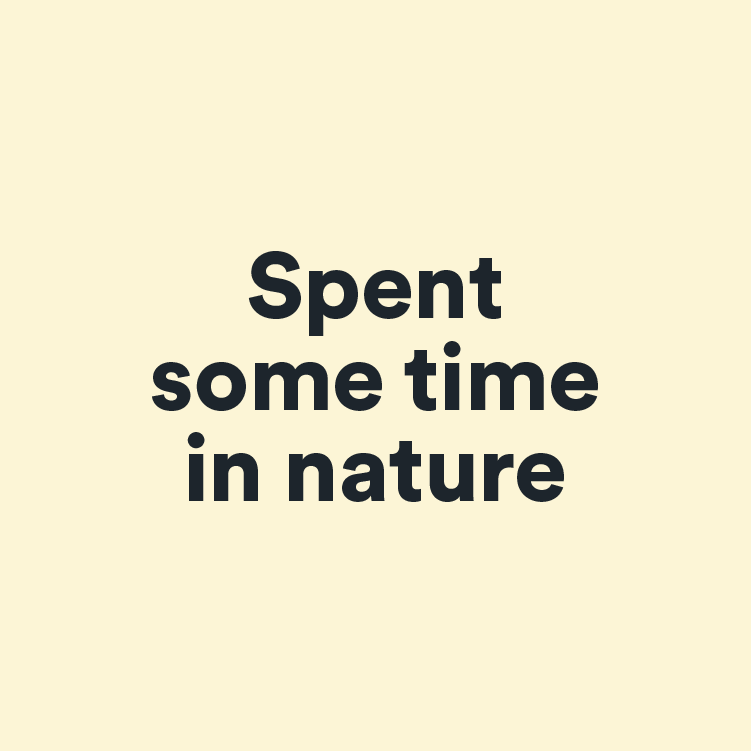
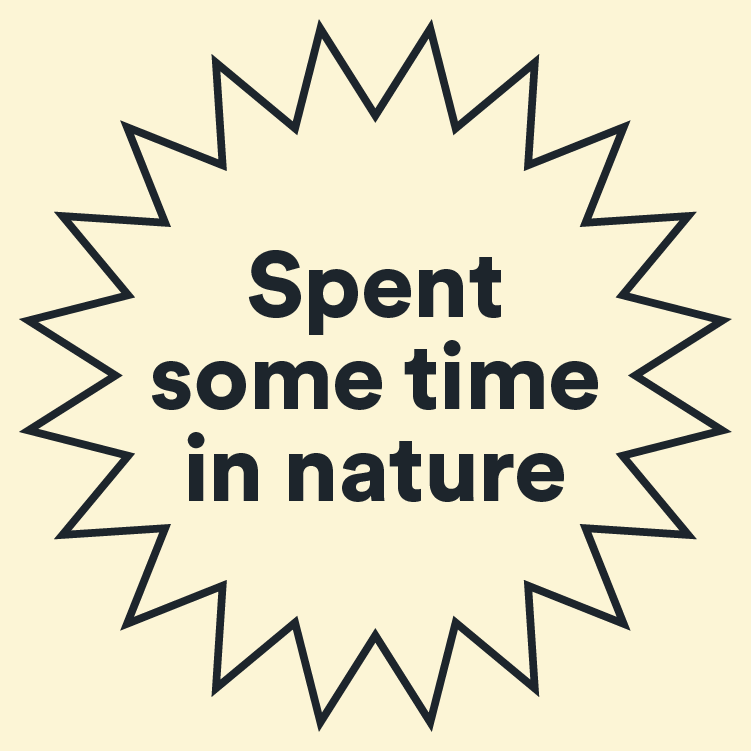
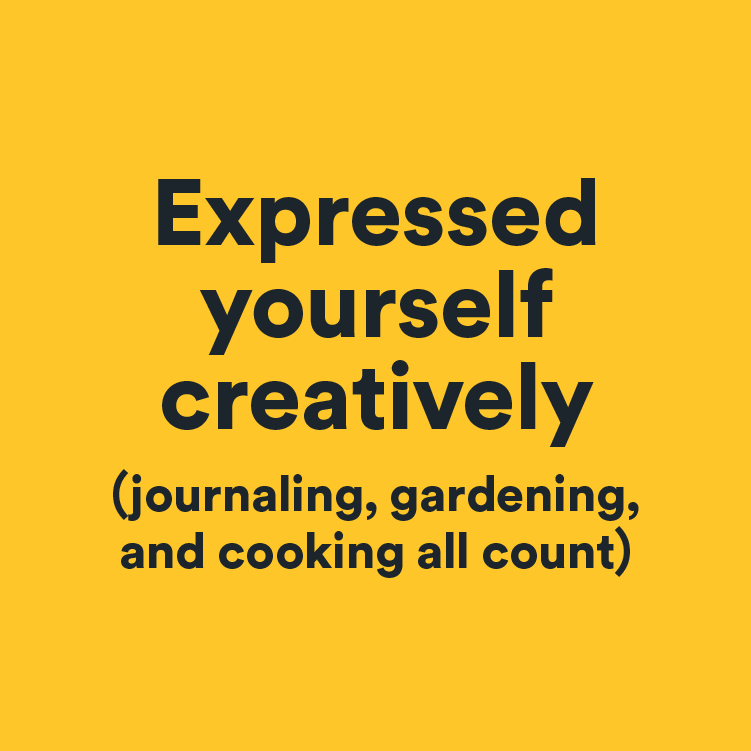
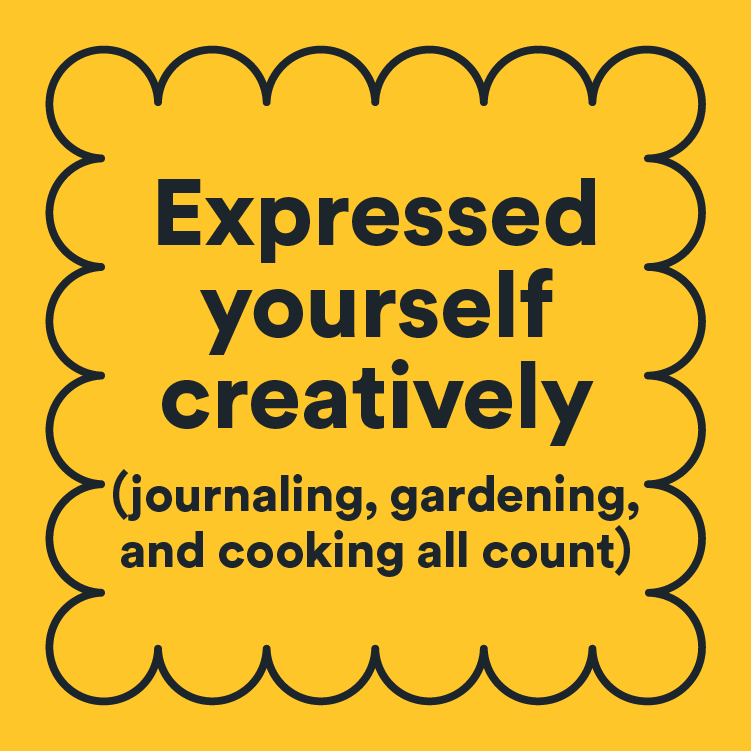
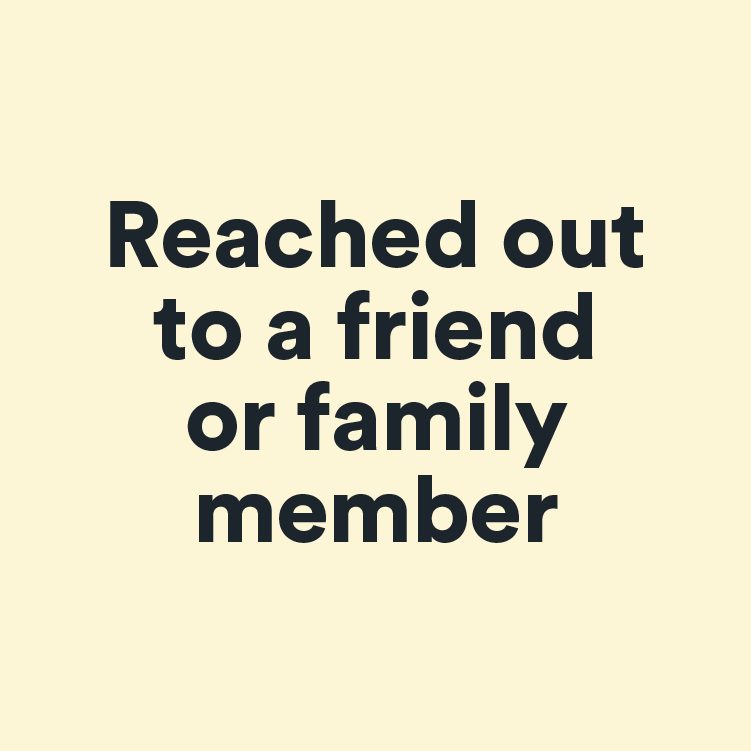
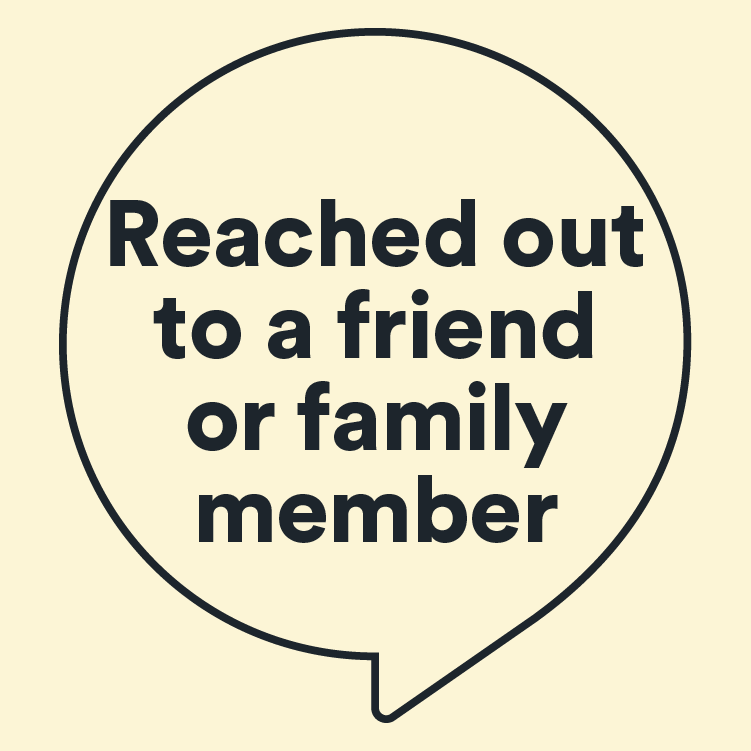
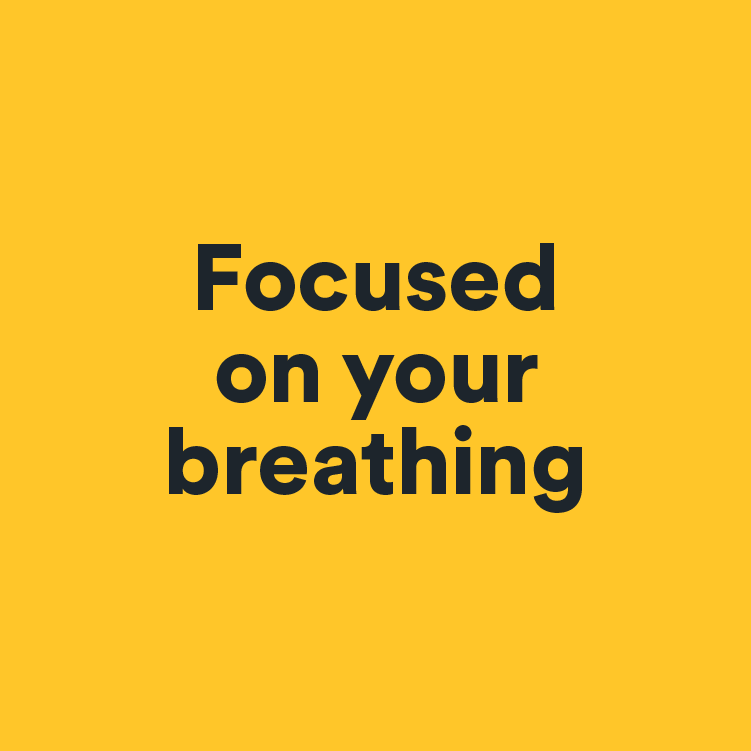
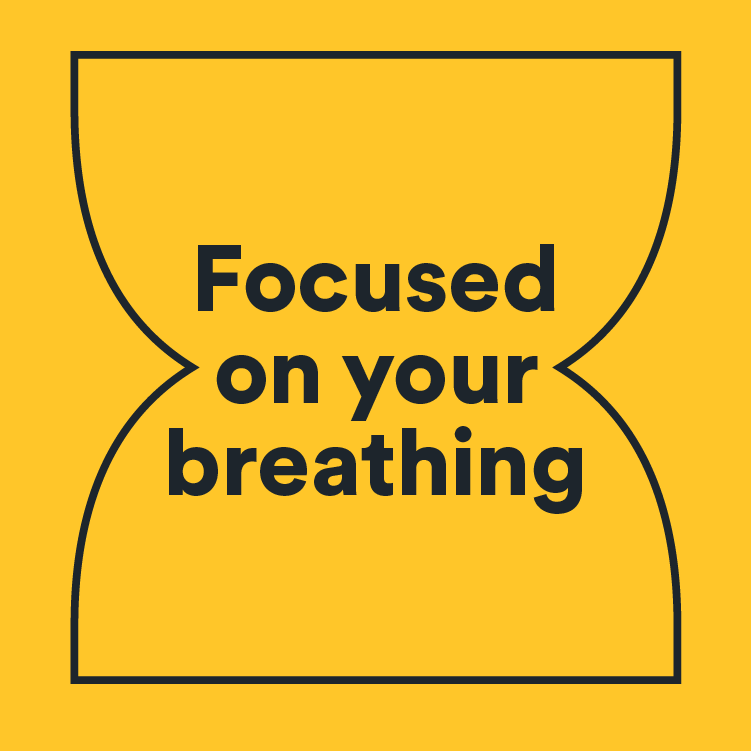
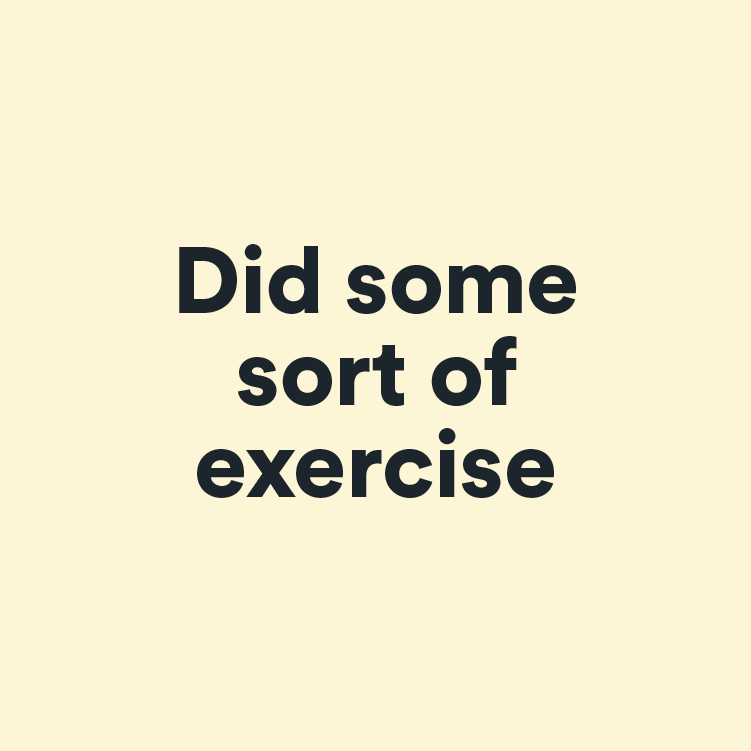
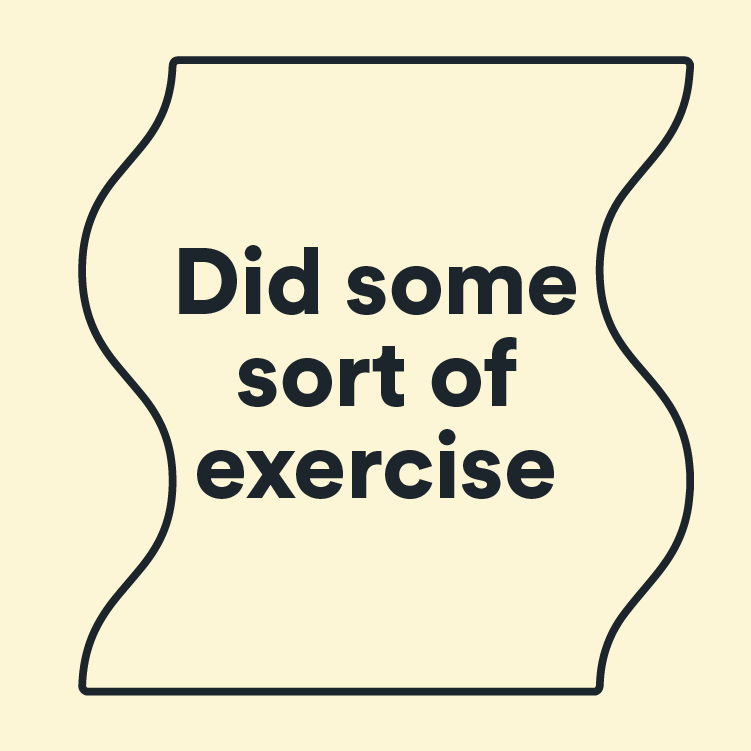
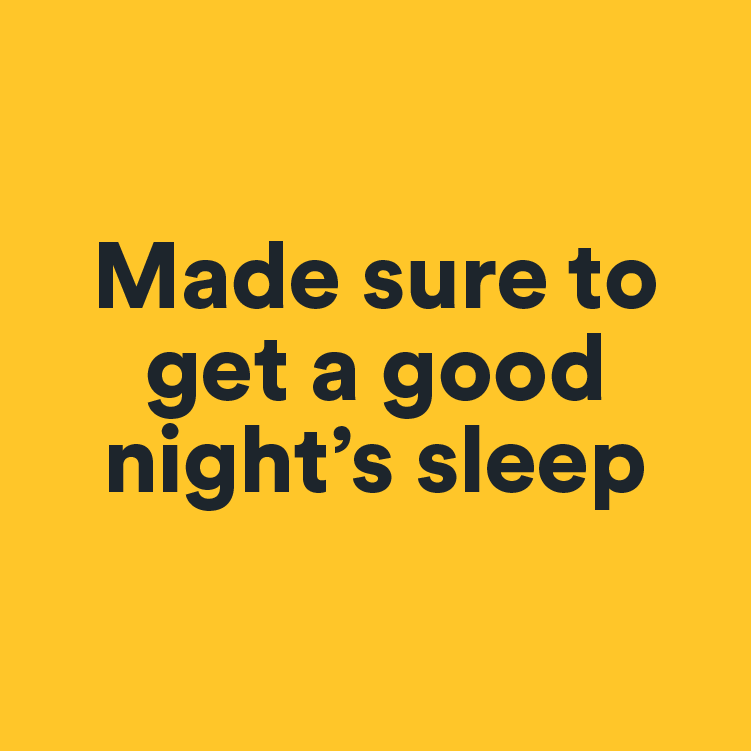
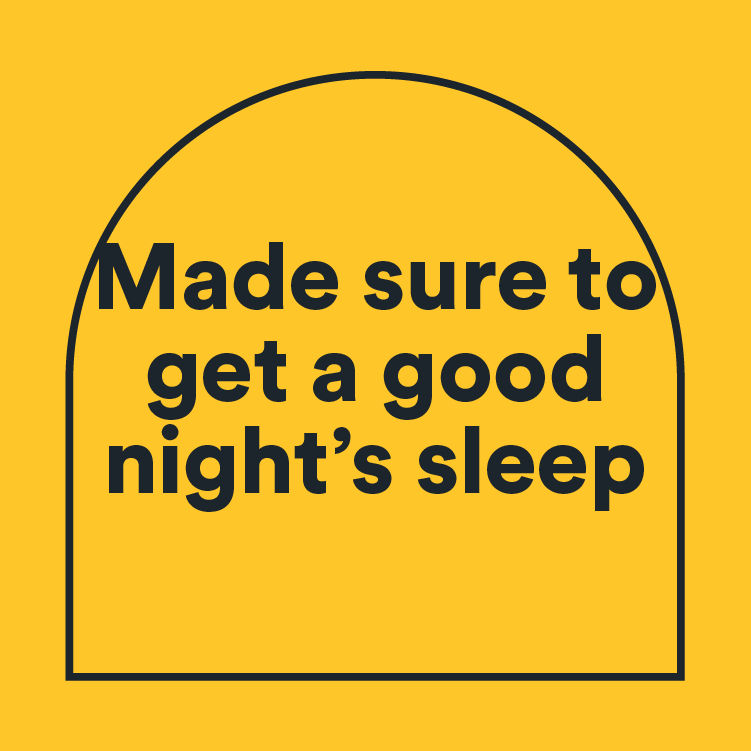
Yes, There Are Ways to Stay Confident While Dating During a Pandemic
Feeling lonely, anxious, and like your mental health isn’t in the best place can lead to dating insecurity. But know that there are legitimate reasons why your confidence may be waning in a period of such intense instability: Some of it has to do with the fact that we maintain confidence through social connections and, in the U.S. at least, we’ve all been isolated from one another for the better part of the year.
“Social connection reminds us that we are liked and valued,” says social worker and therapist Jennifer Hoskins-Tomko. “If we aren’t getting these reminders of our worth, then we begin to question ourselves.” That, in turn, can make us focus on what we consider our “faults,” both mentally and physically. And, as you can imagine, when we don’t feel good about ourselves, it’s very hard to get excited about meeting new people.

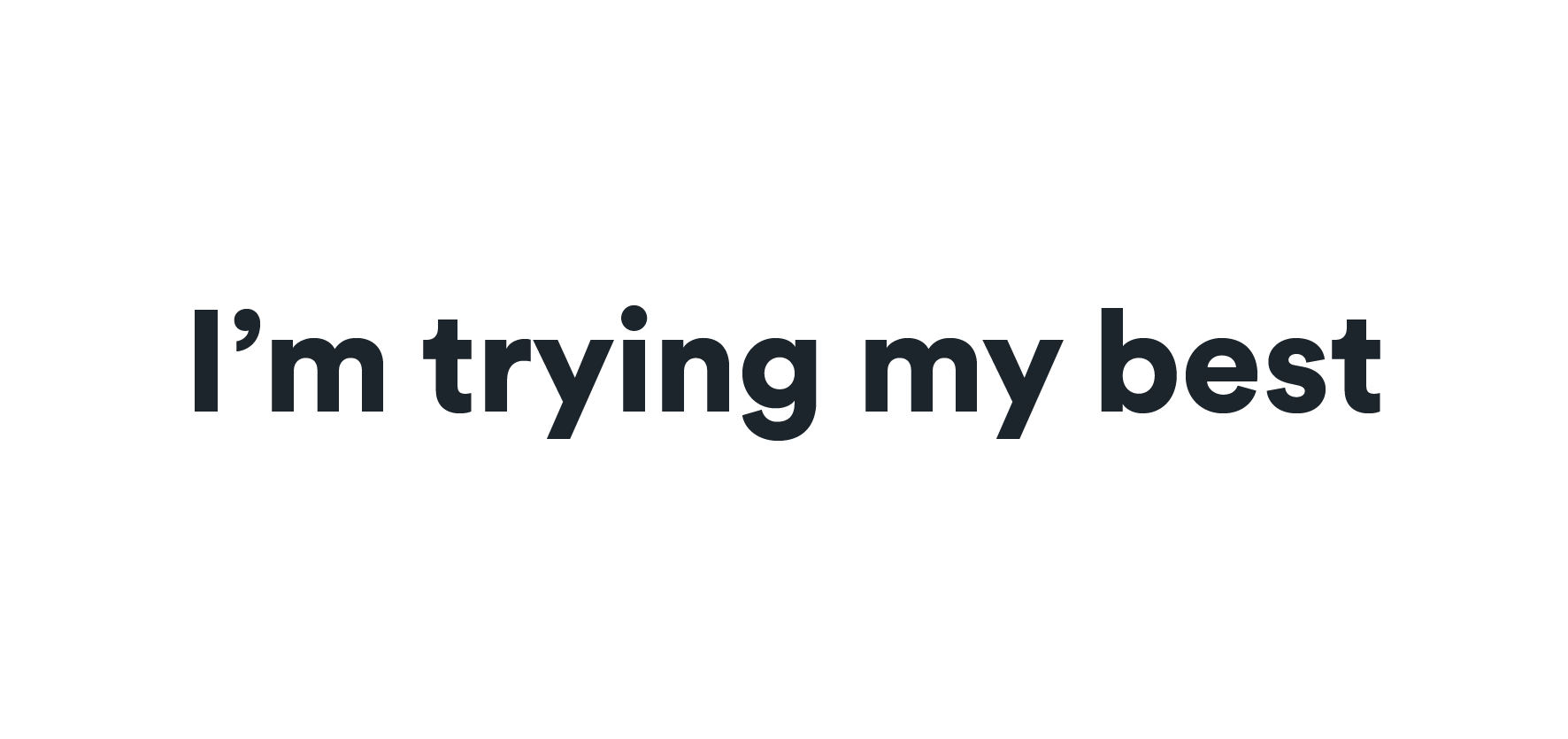
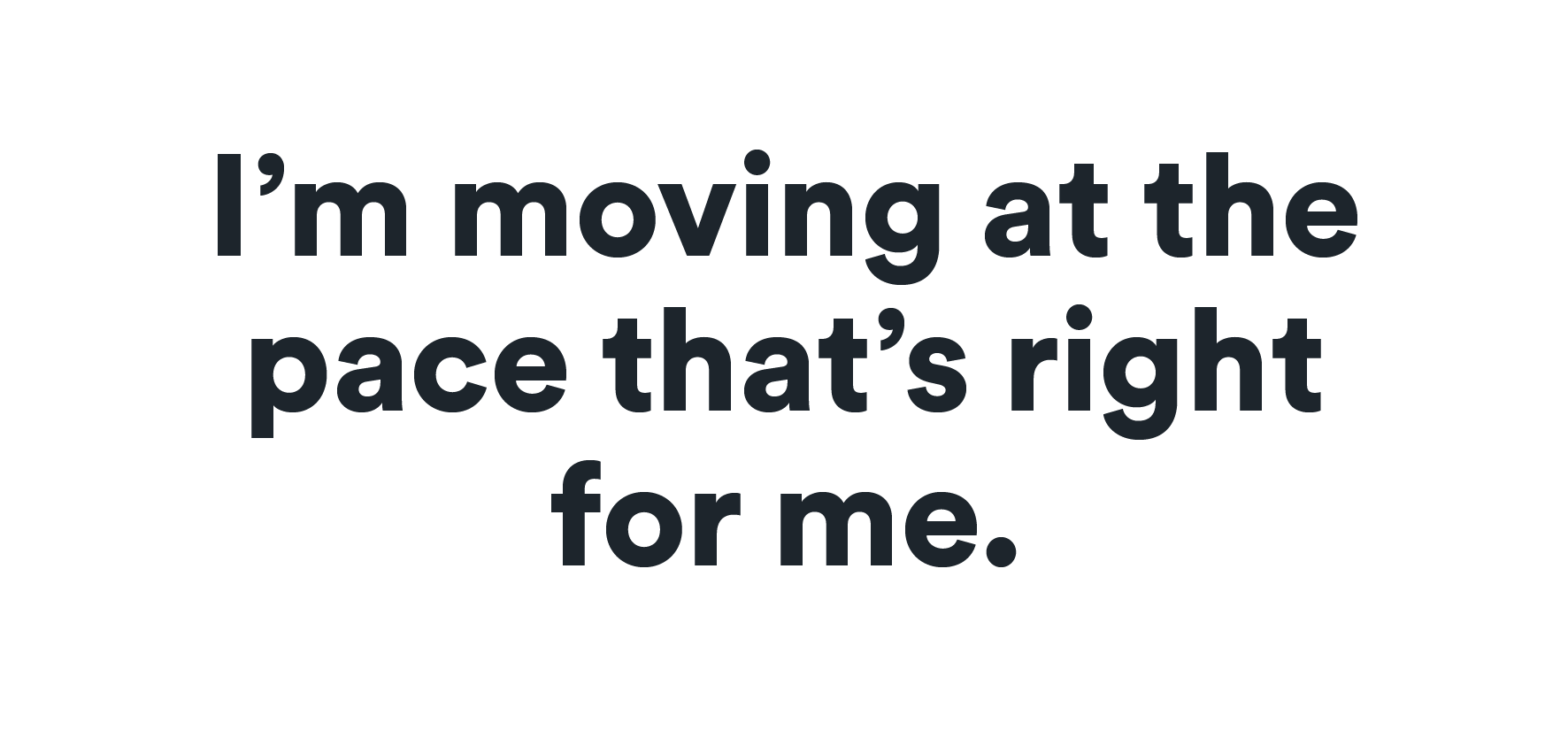
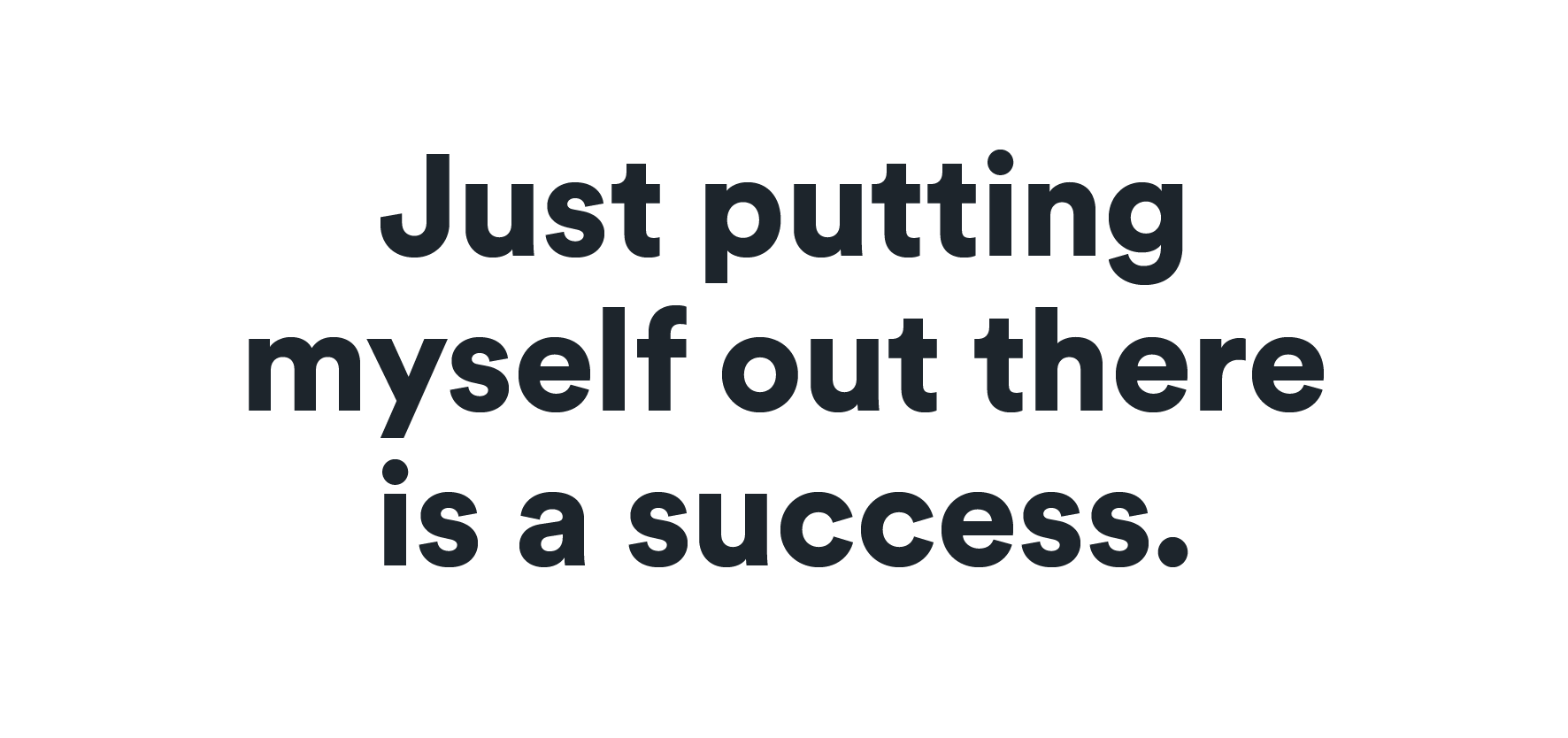
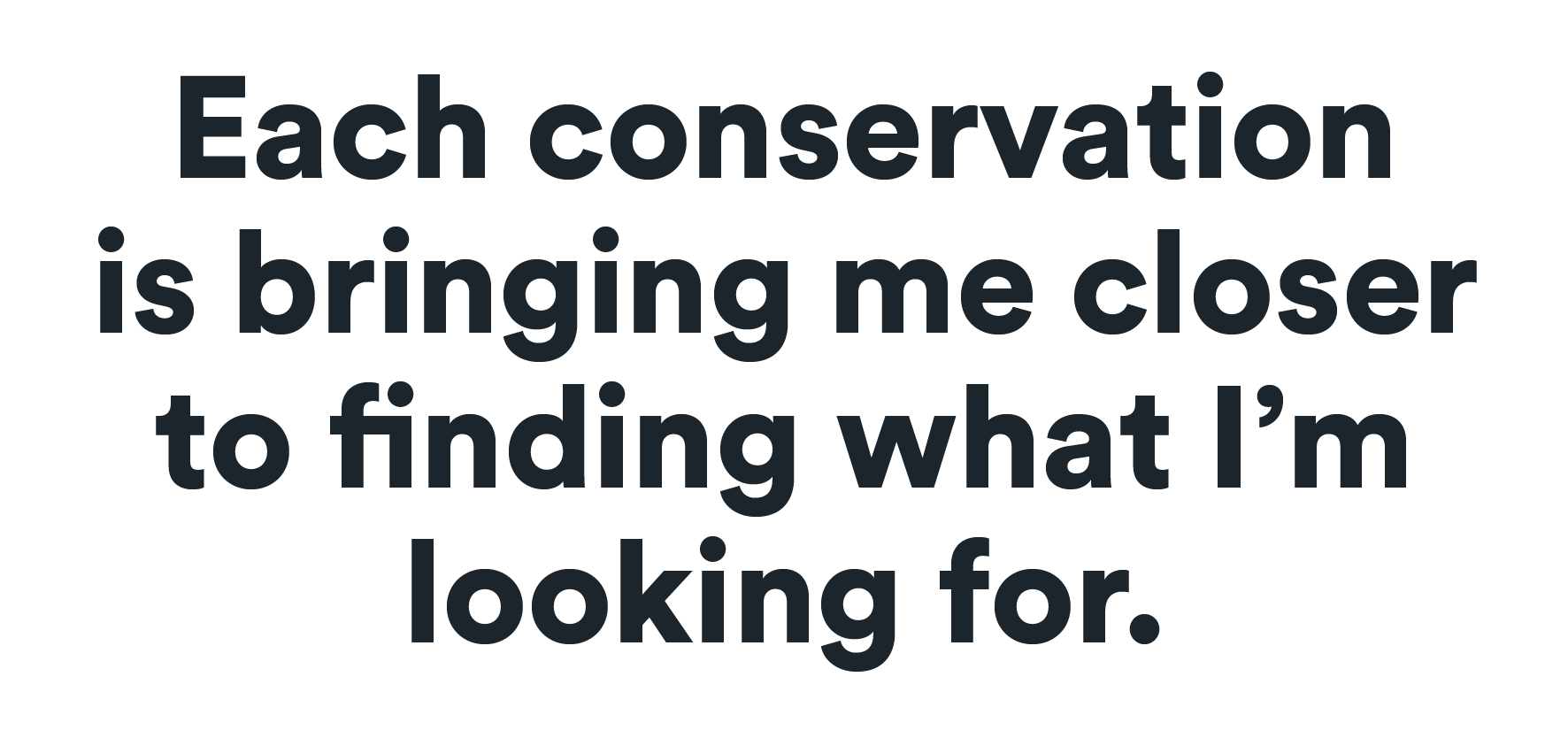
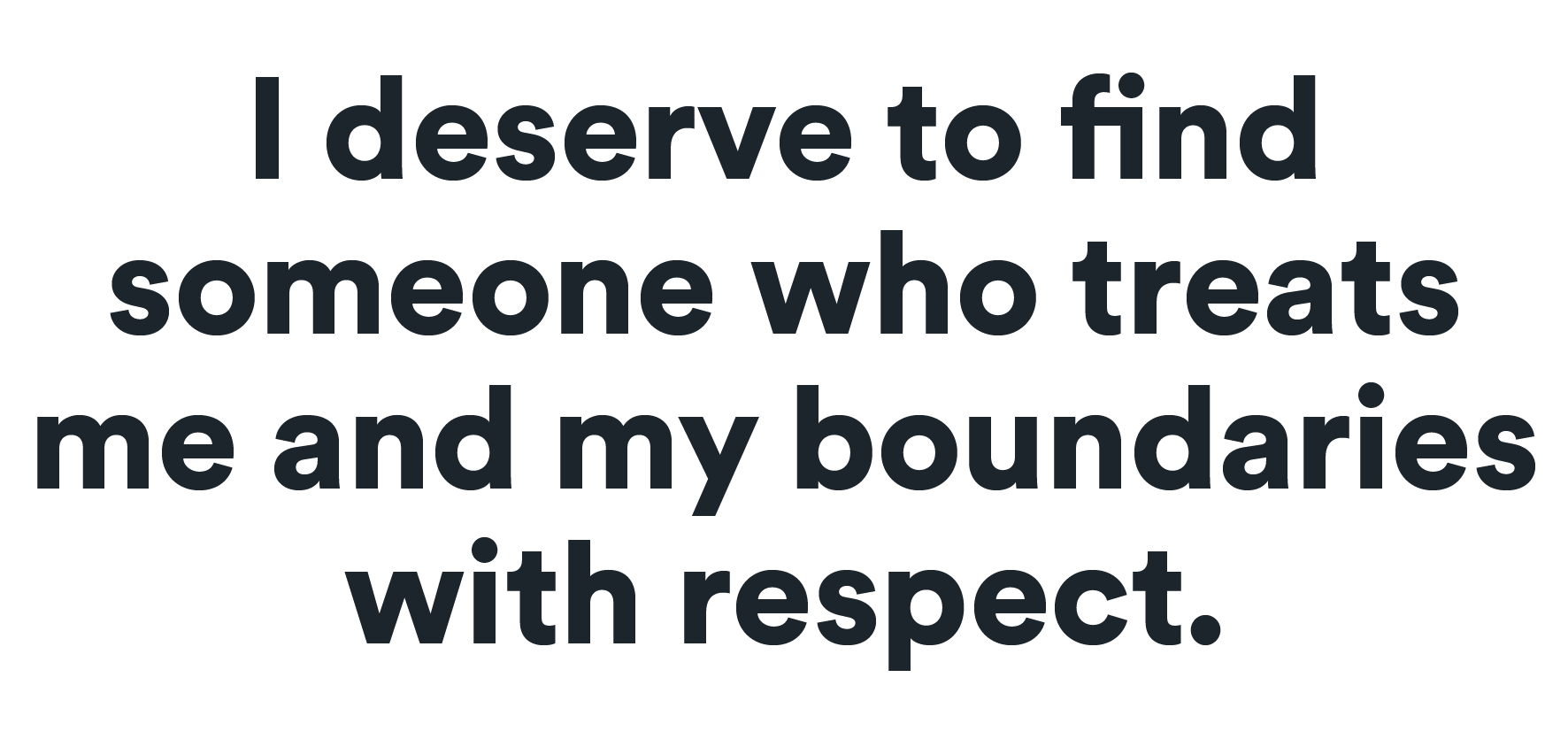
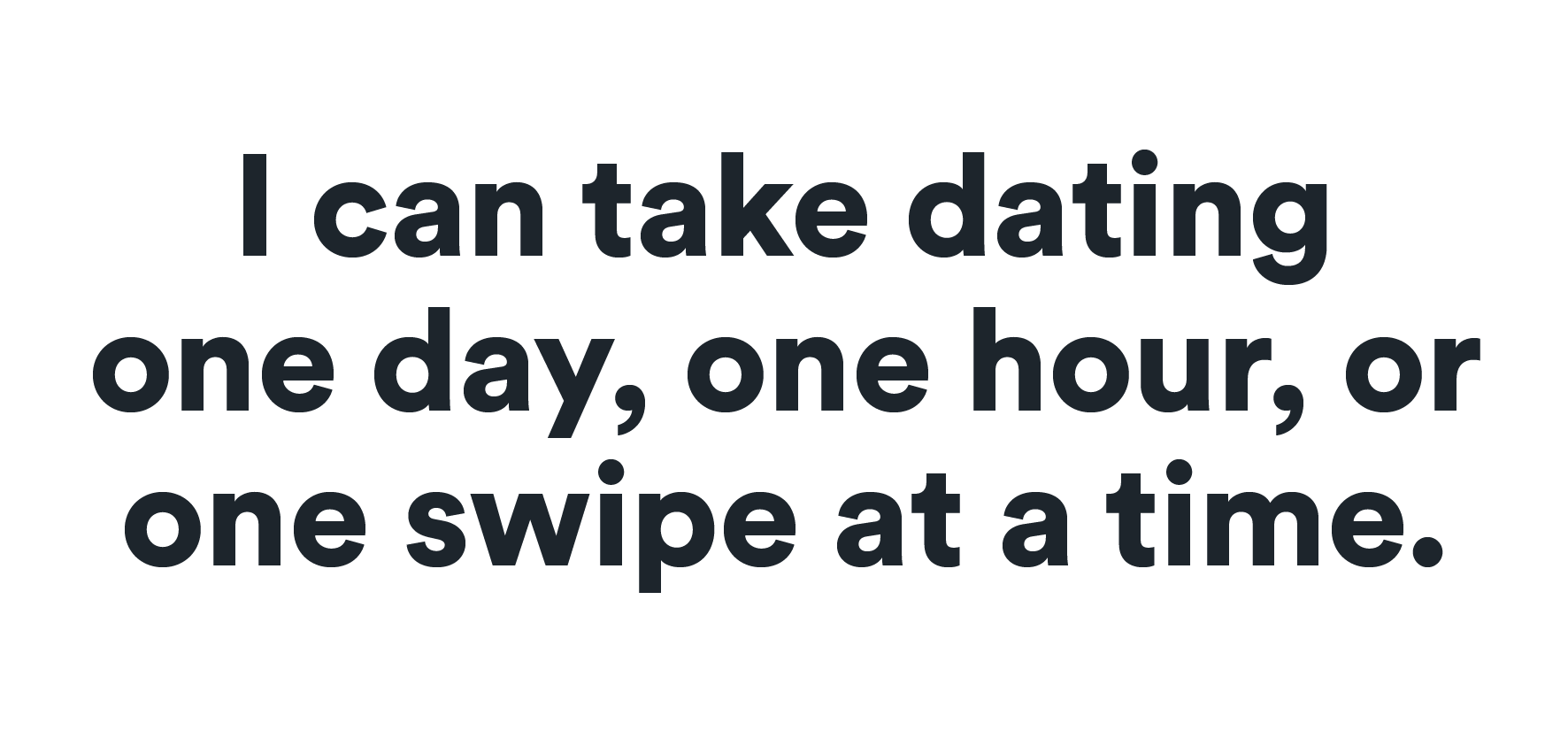
So how can you deal? Well firstly, know that whoever you’re talking to on Bumble might be going through the same thing. “Chances are good that the person you’re going on a date with is experiencing similar feelings,” says Hoskins-Tomko. It might even be a good idea to talk about these feelings of exhaustion and unease with your date, as it could help nix any lingering awkwardness about the lack of confidence you’re feeling. And before your dates, it could help to try to get into a good headspace. That could mean reading some affirmations, dancing around in your living room, or really whatever puts you in a positive mood.
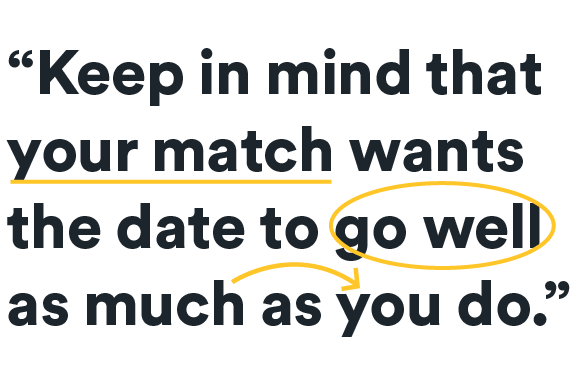
If your self-confidence can’t handle putting yourself out there right now, that’s also completely valid. Dating should be something fun that adds to your life, not subtracts, or makes it more difficult or stressful. So take a break if you need it—dating will still be here tomorrow or next week. And when you get back to swiping, you’ll be able to bring a more confident self to the table.
No matter what, remember to have compassion for yourself. You don’t have to hold yourself to pre-COVID dating standards—living through a pandemic is hard enough!
If you need help, please know that there is no shame in reaching out to a mental health professional. You can also text the Crisis Text Line at 741741 for free, 24/7 support.
With writing and reporting by Maria Del Russo.
- Read More
- Read More
- Read More
- Read More
- Read More
- Read More
- Read More
- Read More
- Read More
- Read More
- Read More
- Read More
- Read More

